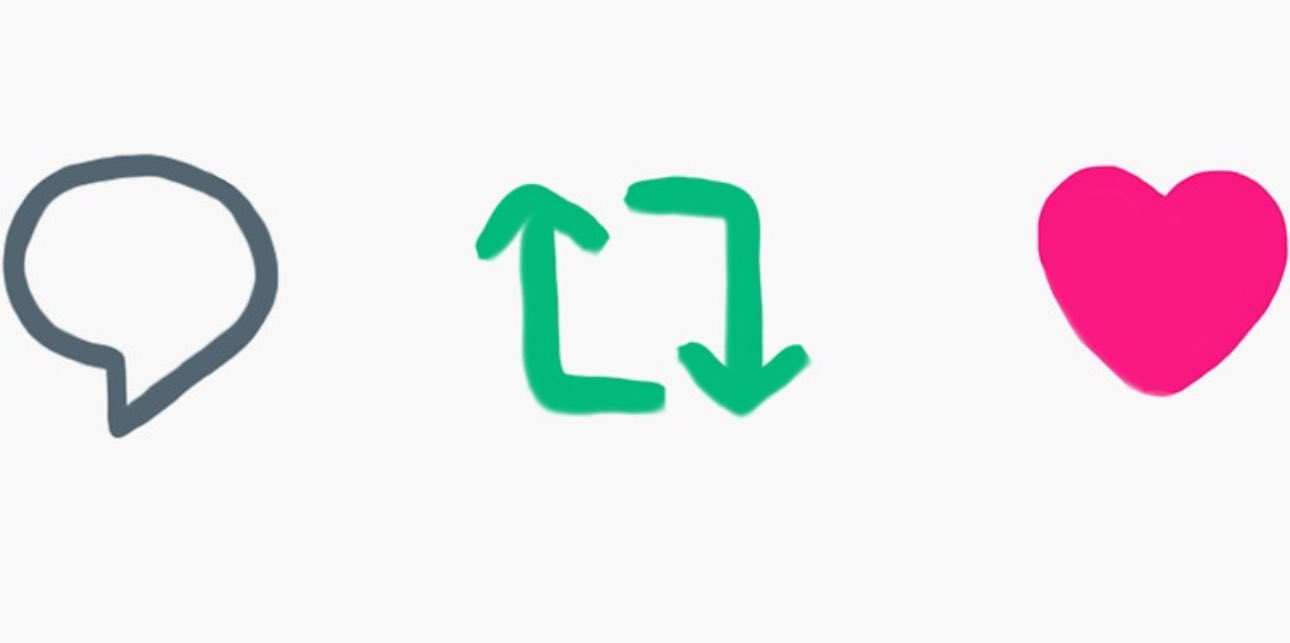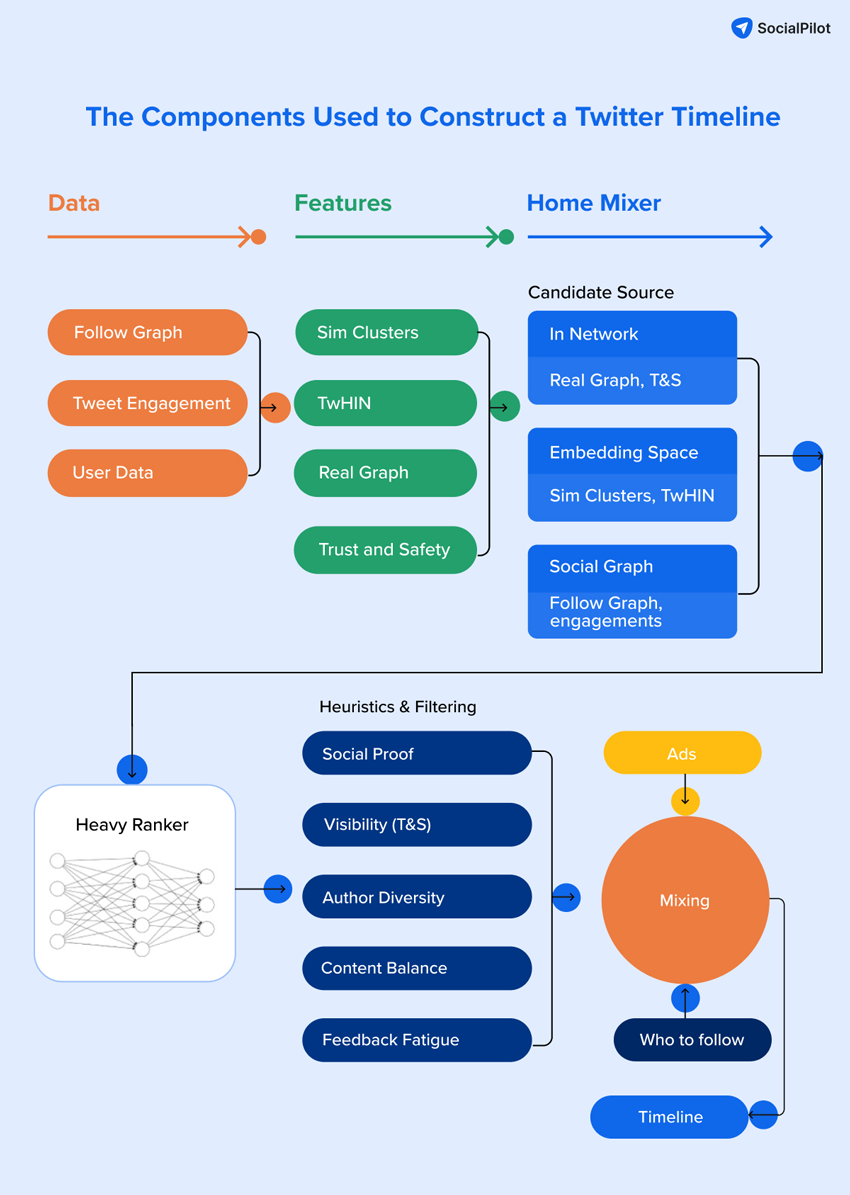Elon Musk’s X, formerly known as Twitter, is undergoing a significant transformation.
One of the most intriguing changes is the decision to make “likes” private by default.
This move is designed to encourage users to engage more freely with content, especially posts that might be considered controversial or “edgy.”
The Announcement and Its Rationale
Haofei Wang’s Statement

Haofei Wang, X’s director of engineering, recently announced this major shift.
“Yeah, we are making likes private,” Wang confirmed in a post on X.
He explained that public likes have been “incentivizing the wrong behavior.”
Users often hesitate to like content that might be deemed controversial due to fear of retaliation or damage to their public image.
Wang elaborated, “Public likes are incentivizing the wrong behavior. For example, many people feel discouraged from liking content that might be ‘edgy’ in fear of retaliation from trolls, or to protect their public image.”
This change aims to remove such fears, allowing users to like content without worrying about who might see it.
Currently, X Premium users have the option to hide their likes.
However, Wang’s statement suggests that this feature will soon be expanded to all users by default.
This expansion is expected to significantly alter how users interact with the platform.
Elon Musk’s Vision for X

Elon Musk has a broader vision for X that includes making interactions more private.
He has previously discussed the possibility of removing likes and reposts from public posts, focusing instead on view counts.
At a conference in March, Musk mentioned that this could create a cleaner user experience.
In his own words, Musk described the potential benefits: “Users will only be able to see the number of times a post has been viewed.”
This concept aligns with his vision of creating a platform where interactions are less about public validation and more about content engagement.
This latest move to make likes private is part of Musk’s ongoing efforts to transform X.
His controversial social media activity, including liking an antisemitic post and then apologizing for it, has brought significant attention to how public interactions on the platform are perceived.
The Current State of Likes on X
Public Likes and User Behavior

Currently, most users on X have their likes publicly displayed on their profiles.
This transparency often leads to unintended consequences, especially for public figures.
For instance, in 2017, Senator Ted Cruz’s account liked a pornographic video, which he later blamed on a staffer.
Such incidents have shown how public likes can backfire.
Other celebrities, like Samuel L. Jackson and Harry Styles, have also faced public scrutiny for their likes.
Jackson was caught liking explicit content, which he then quickly unliked after being alerted by fans.
These incidents highlight the potential risks associated with public likes.
Even Elon Musk hasn’t been immune to the repercussions of public likes.
His liking of an anti-trans tweet from the account Libs of TikTok in 2022 led to significant backlash.
These examples illustrate the challenges and controversies that can arise from public interactions on social media platforms.
The Introduction of Private Likes for Premium Users

In September, X introduced the option for Premium users to hide their likes.
This feature was well-received by those who wanted more privacy in their interactions.
The ability to hide likes allowed users to engage with content more freely, without worrying about public perception.
This initial rollout served as a testing ground for the broader implementation of private likes.
Feedback from Premium users indicated a positive impact on their overall experience.
They could now like posts without fear of judgment or backlash.
The success of this feature among Premium users likely influenced the decision to expand it to all users.
By making likes private by default, X aims to create a more inclusive and engaging environment for everyone on the platform.
Implications for Users
Encouraging Freer Engagement
Making likes private could significantly encourage users to engage more freely with content.
Users often refrain from liking posts that could be deemed controversial due to fear of retaliation or public scrutiny.
By making likes private, X removes this barrier, allowing users to interact more openly.
This change is expected to result in higher engagement rates, especially with “edgy” or controversial content.
Users will no longer need to worry about their likes being publicly visible, which could lead to more diverse and dynamic interactions on the platform.
Ultimately, this move could foster a more authentic and open environment on X.
Users will be able to express their preferences and interests without fear, leading to a richer and more varied content landscape.
Algorithmic Impact

Likes play a crucial role in X’s algorithm for recommending content.
By making likes private, the platform may see changes in how content is recommended to users.
This shift could improve the accuracy of recommendations, as users will be more honest in their interactions.
When users engage more freely, the algorithm can better understand their preferences, leading to more relevant content suggestions.
This could enhance the overall user experience, making X a more personalized and engaging platform.
However, this change also means that public accountability will be reduced.
Users will no longer be able to see what others are liking, which could impact the social dynamics of the platform.
It’s a trade-off between privacy and transparency that X will need to navigate carefully.
Backlash and Criticism
Concerns from Users
Despite the potential benefits, the decision to make likes private has faced some backlash.
Critics argue that this change could reduce accountability and transparency on the platform.
When likes are private, it becomes harder to see what content is being endorsed by others.
Some users are concerned that making likes private could lead to an increase in the spread of misinformation or harmful content.
Without public likes, it may be more challenging to identify and call out problematic posts.
This could have implications for the platform’s overall integrity.
Others worry about the potential loss of a key social feature.
Public likes allow users to see what content is popular and trending.
Removing this visibility could impact how users discover and engage with new content on X.
Jack Dorsey’s Comments

Twitter cofounder Jack Dorsey has also weighed in on the issue.
Dorsey expressed concerns that making likes private could make them indistinguishable from bookmarks.
“It would make liking a post indistinguishable from bookmarking it,” he commented.
Dorsey’s remarks highlight a potential confusion between different types of user interactions.
Likes and bookmarks serve distinct purposes, and blurring the lines between them could impact how users organize and interact with content.
This criticism points to the broader challenge of balancing privacy with functionality.
While making likes private offers benefits, it’s important to consider how this change might affect user behavior and platform dynamics in the long run.
Historical Context and Precedents
The Role of Public Likes in Social Media
Public likes have played a significant role in the evolution of social media.
Platforms like Facebook and Instagram have long used likes as a way to signal approval and popularity.
Public likes help users discover popular content and understand what is trending.
However, the trend towards more privacy and user control is not new.
Platforms have increasingly been introducing features that allow users to manage their interactions more privately.
For example, Instagram introduced a feature to hide like counts on posts, giving users more control over their content’s visibility.
By making likes private, X is following this industry-wide trend towards greater privacy.
This shift reflects changing user expectations and a growing demand for more control over personal interactions on social media.
High-Profile Incidents
Public likes have often led to high-profile incidents involving celebrities and public figures.
Senator Ted Cruz’s account liking a pornographic video in 2017 is a prime example.

Cruz blamed a staffer, but the incident nonetheless brought significant public attention.
Similarly, Samuel L. Jackson faced scrutiny when his account liked explicit content.
After fans alerted him, Jackson quickly unliked the posts, but the incident highlighted the risks associated with public likes.
Even Elon Musk has been caught up in such controversies.
His public likes have included an anti-trans tweet, which led to significant backlash.
These incidents underscore the potential pitfalls of public likes, making the case for more private interactions.
Potential Future Changes
Long-Term Plans for X
Elon Musk’s long-term plans for X include further changes to how likes and reposts are displayed.
Musk has mentioned the possibility of removing these interactions from public posts altogether, focusing instead on view counts.
Such changes aim to create a cleaner and more streamlined user experience.
By focusing on view counts, X could reduce the emphasis on public validation and encourage more genuine interactions.
These potential changes are part of Musk’s broader vision to transform X into a more user-centric platform.
As the platform continues to evolve, it will be interesting to see how these changes impact user behavior and engagement.
Industry-Wide Trends
The move to make likes private aligns with broader industry trends towards greater privacy and user control.
Social media platforms are increasingly recognizing the need to offer more privacy options to users.
For instance, Facebook has introduced features to manage visibility of likes and reactions, while Instagram allows users to hide like counts on their posts.
These changes reflect a growing recognition of the importance of privacy in digital interactions.
X’s decision to make likes private is part of this larger trend.
As users demand more control over their online presence, platforms will need to adapt and offer features that meet these evolving expectations.
Expert Opinions
Perspectives from Social Media Experts
Social media experts have weighed in on the implications of making likes private.
Many believe that this change could encourage more authentic interactions on the platform.
By removing the pressure of public validation, users may feel more comfortable engaging with content that genuinely interests them.
However, experts also caution about the potential downsides.
Reduced transparency could make it harder to hold users accountable for their interactions.
This could lead to an increase in the spread of misinformation or harmful content.
Overall, experts see this move as a double-edged sword.
While it offers significant benefits in terms of user privacy and engagement, it also poses challenges that X will need to address.
User Feedback and Surveys
Initial user feedback on the decision to make likes private has been mixed.
Surveys indicate that while many users appreciate the added privacy, others are concerned about the loss of transparency.
Positive feedback highlights the increased freedom to engage with content without fear of judgment.
Users appreciate the ability to like posts privately, which enhances their overall experience on the platform.
However, concerns remain about the potential impact on content discovery and accountability.
Users worry that private likes could reduce the visibility of popular content and make it harder to identify and address problematic posts.
Conclusion
Elon Musk’s decision to make likes private on X marks a significant shift in the platform’s approach to user interactions.
By removing the public visibility of likes, X aims to encourage more authentic and open engagement with content.
This change aligns with broader industry trends towards greater privacy and user control.
While it offers numerous benefits, it also poses challenges related to transparency and accountability.
As X continues to evolve, it will be crucial to balance these competing priorities.
Ultimately, making likes private could transform how users interact with content on X.
Whether this change will lead to a more positive user experience remains to be seen, but it certainly marks a bold step in the platform’s ongoing transformation.

